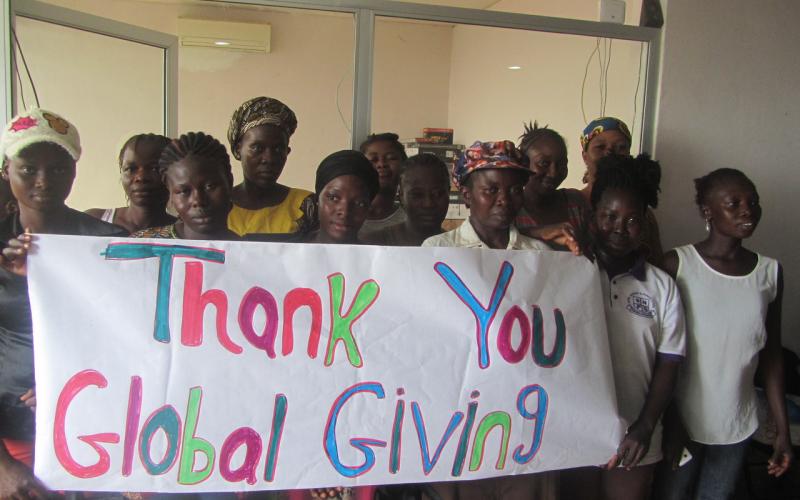
A recent article made a convincing case for the usefulness that microfinance might offer in West Africa. Travel restrictions and program freezes put much local investment on hold during the Ebola outbreak but not that things are calming back down, there is need for investment; both for routine infrastructure improvements and a healthcare system that is prepared in the unfortunate case of a future outbreak. Non-government organizations such as BRAC and formal institutions including the World Bank understand that economic recovery will need to begin locally.
This is why micro financing is helpful. Lump sum aid funding is certainly helpful but individual community needs might not be met. However, local investment and cash transfers can put the money exactly where it is needed. Many people are out of work including those working in the private and NGO sectors and those who are self-employed in industries such as agriculture.
Microfinance provides loans to individuals and thus can be of help immediately while applications of larger funding will take time and mobilization on a larger scale. This will take some time because many organizations had to put operations on hold and only recently are able to resume. In addition, individuals and families need to be ready to receive the funds. If they accept money too quickly, they will incur debt, which will only further destabilize their situation.
Organizations such as BRAC, Kiva, Sjedi Green Energy, and Salone Microfinance Trust are preparing themselves for when families and business owners are ready to rebuild their lives.

